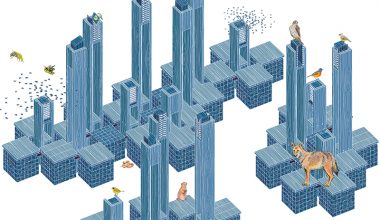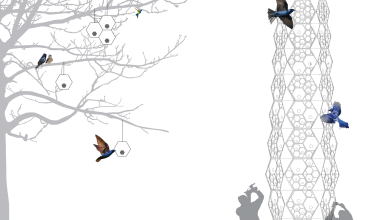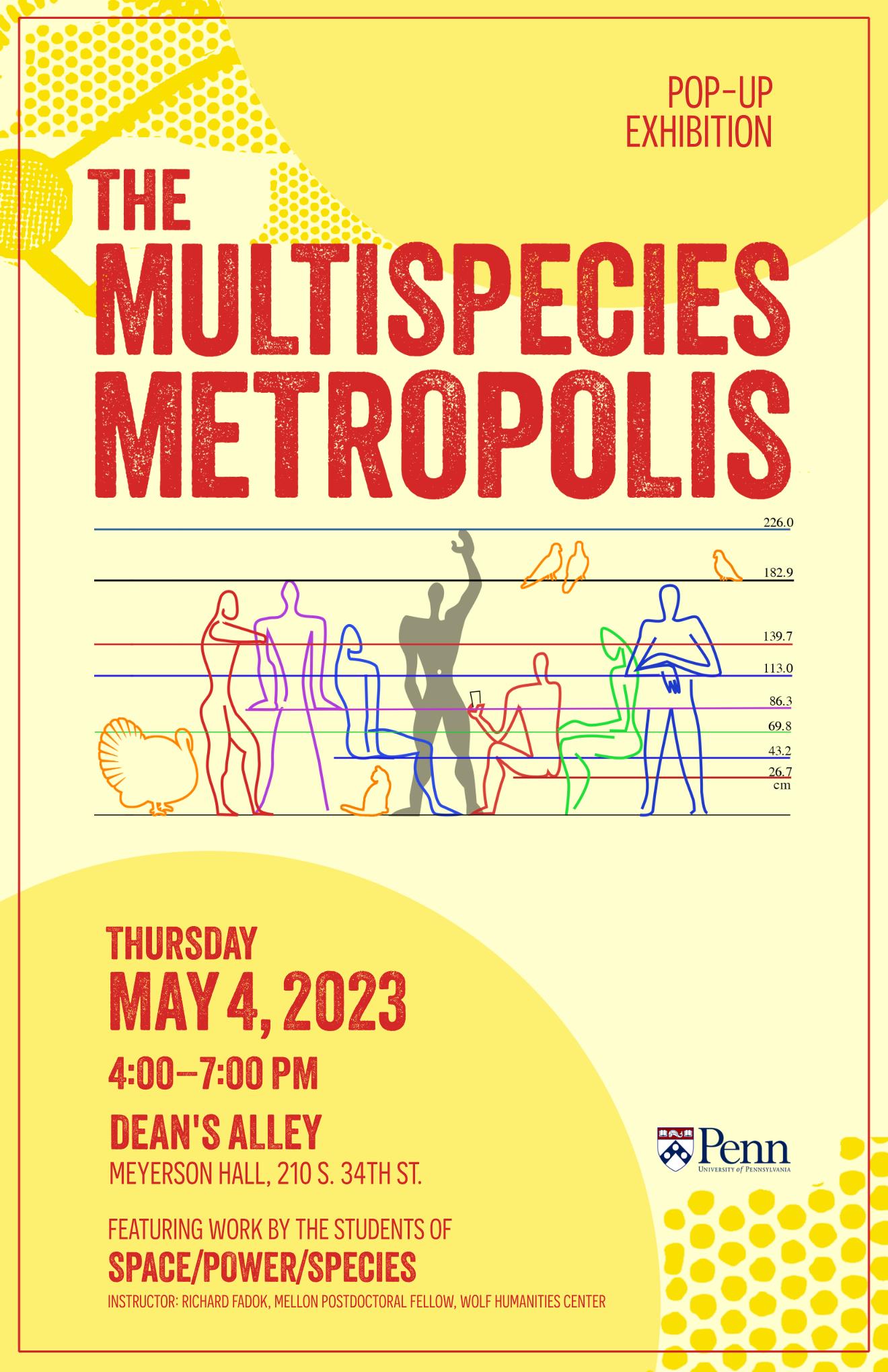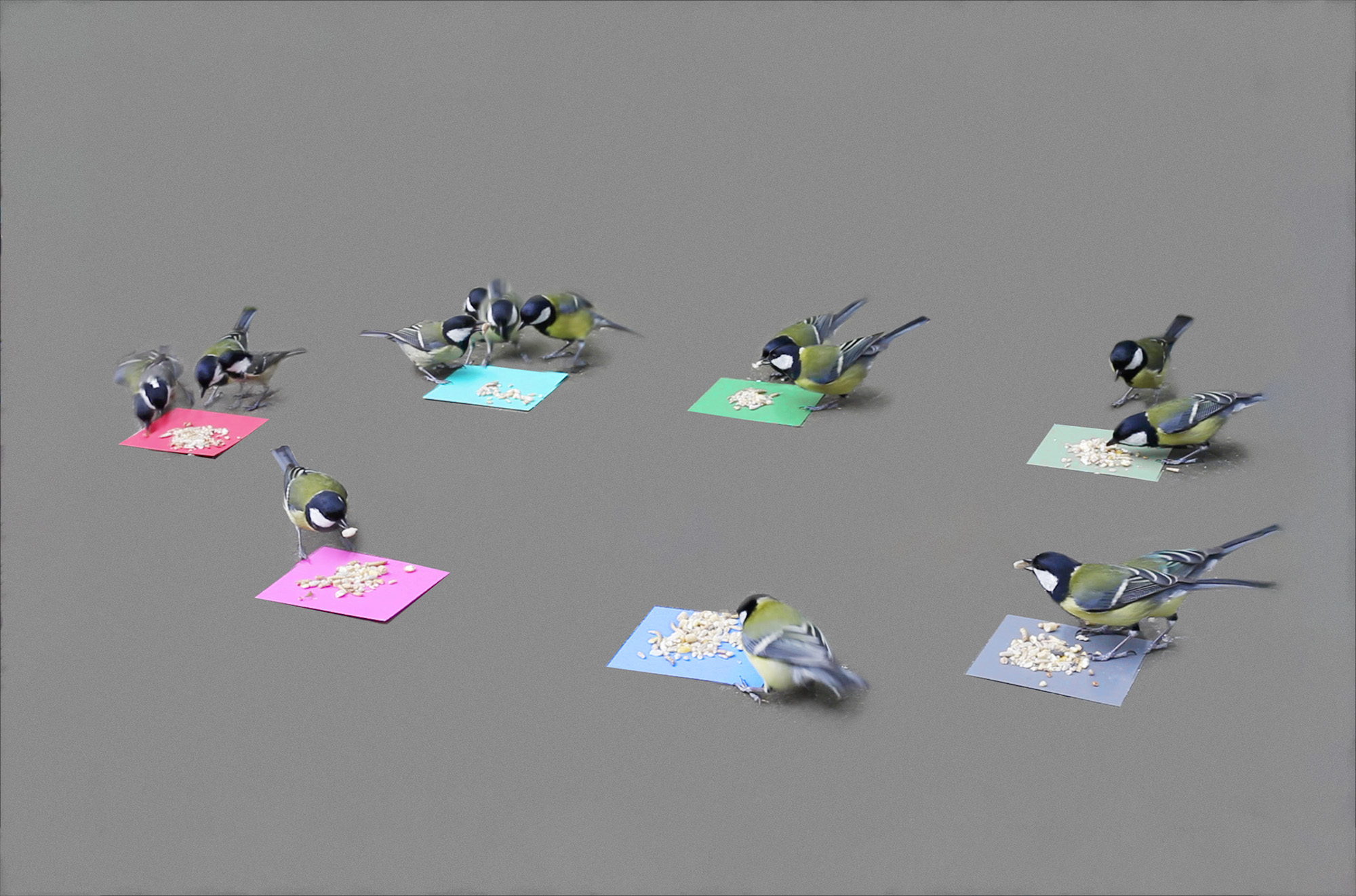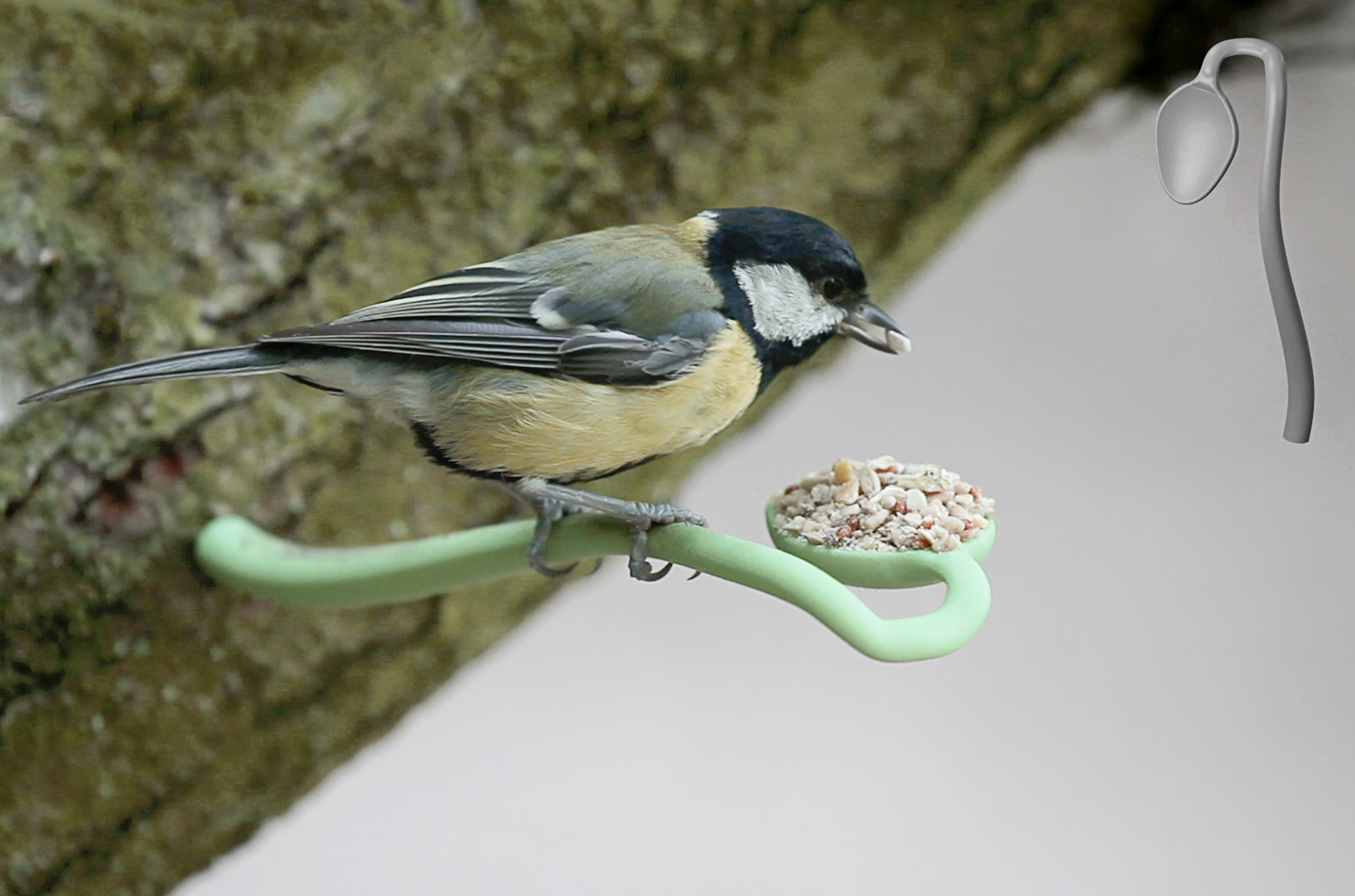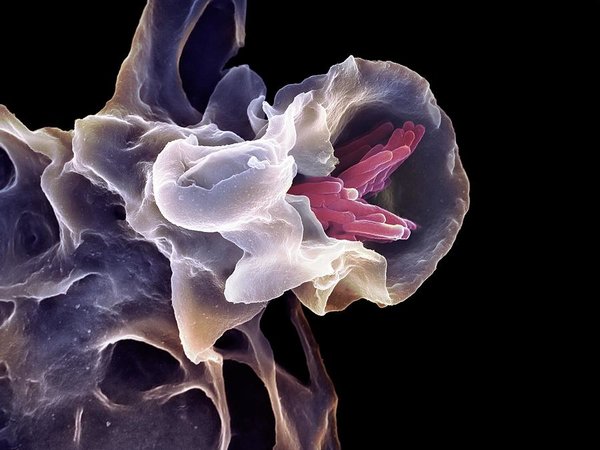After nearly two months of watching human animals (those working for BP) radically alter the gulf-coast ecosystem we feel it’s time to say a few words. That, and we just so happened to have a very interesting conversation about these events with Rice University Wortham Fellow in Architecture Eva Franch Gilabert (soon to be director of the Storefront for Art and Architecture).
During a dinner conversation it became clear to us that we need to look at this scenario in a different light. Some facts are true. For example, it’s true that oil is gushing out of the sea floor at a continuously unfathomable rate and it’s true that it is changing the chemical qualities of the water around it. It is killing animals, including birds, fish, and mamals, and the whole event is apparently caused by human activities in these environments. But some facts are decidedly less clear; no one is certain that it will destroy the eco-system. Again, it is undoubtedly going to change, but the extent and permanence of destruction is unknown. But this is to only touch the surface of the central issue…
The central emotions in the BP crisis, among anger, frustration and sadness are doubt and guilt. We’re not talking about BP’s guilt as the main perpetrator in this tragedy. We’re talking about a shared guilt that we as humans feel about making big mistakes in the world. This is guilt over destroying otherwise safe and clean habitats and doubt about our place in the eco-system. The spill has shown us the real cost of our way of life and forced us to weigh our livelihoods against those of other animals. For us, here at An.Arch., this turns the argument away from just a simply and oil to spill and refocuses it on the more central question of: “Where do we see Humanity’s place in the larger eco-system?” So far, much if not all of the media coverage of the oil spill has had the ring of “Man vs. Nature”.
Here’s where it get’s tricky. As much as we might like to continue to shoulder the blame of the world so much of the project of Animal Architecture is to erase the Man vs. Nature dualism. Man is a biological being and part of nature – this we know of sure. Now, the spill is a human mistake and our mess to clean but it will be our task at Animal Architecture to posit a “man as nature” or how about “man and nature” solution. More posts on this topic in relation to the BP oil spill will follow this post. Feel free to peruse past posts on Animal Architecture for glimpses of what a “man and nature” world might look like.
image by Corey Holms.


